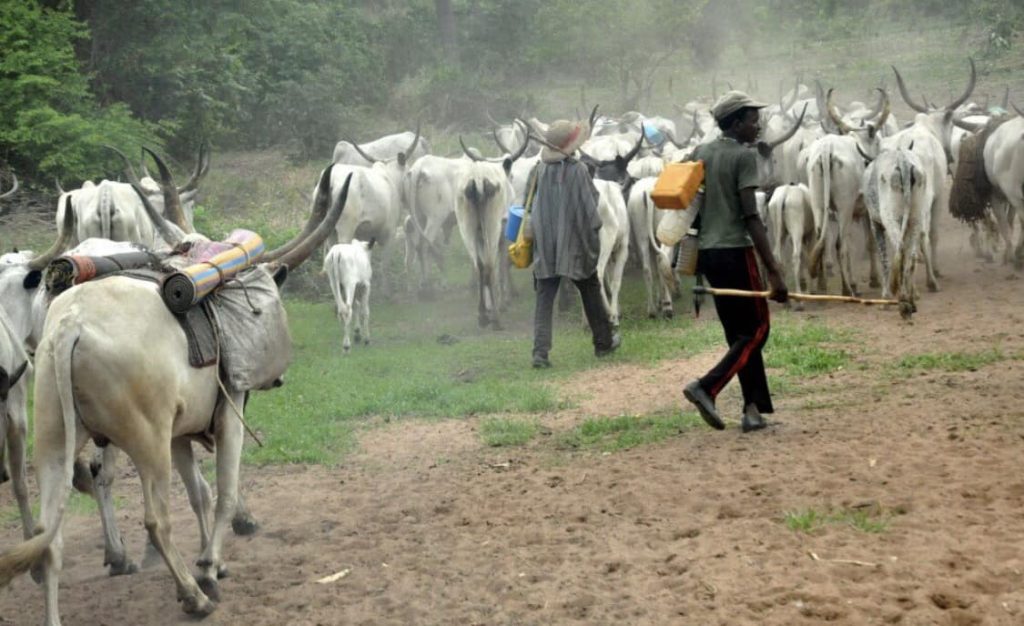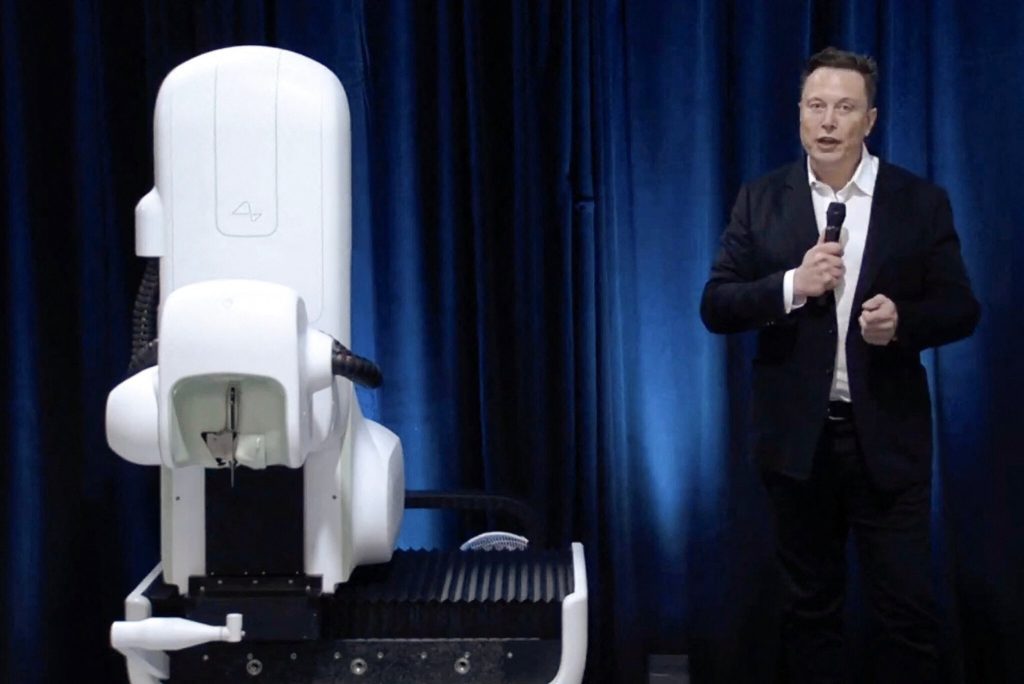The Controller General of the Federal Fire Service, Jaji Abdulganiyu, has called for stronger enforcement of movement restrictions on articulated trucks. He made this appeal following the devastating explosion that occurred at Karu Bridge along the Abuja-Keffi Expressway on Wednesday, March 20, 2025. The tragic incident claimed ten lives and left several others injured.
Tragic Explosion Sparks National Concern
The explosion happened when a fully-loaded truck lost control and rammed into several vehicles stuck in traffic. As a result, a massive fire erupted, incinerating multiple cars and leaving them completely unrecognizable. Witnesses described the scene as horrific, with people trapped inside vehicles engulfed in flames.
During a visit to the victims receiving treatment on Friday, Jaji expressed deep sorrow over the loss of lives. He condemned the rising pattern of such accidents, especially involving heavy-duty trucks operating during restricted hours.
Jaji Urges Strict Enforcement of Truck Bans During Peak Hours
While addressing the press at the hospital, Jaji emphasized the urgent need for collaboration between security and emergency agencies. He urged the Federal Road Safety Corps, Nigeria Police, and the Fire Service to jointly enforce traffic regulations on truck movement.
According to him, trucks should not operate during early morning and evening peak hours. He stressed that these hours coincide with when most workers are either heading to work or returning home, increasing the risk of accidents.
He said, “If truck drivers have been mandated not to move at a particular period, security agencies must ensure compliance. Otherwise, this kind of calamity will continue to happen.”
Federal Fire Service Averts Another Disaster at Same Spot
Jaji also disclosed that his team narrowly prevented another potential explosion at the same location while assessing the damage. He praised the quick response of emergency workers who stepped in to manage the situation. This revelation highlighted the urgency of implementing preventive strategies rather than reacting after tragedies occur.
Medical Experts Provide Updates on Victims
At Cedacrest Hospital, where some victims are receiving care, a consultant anaesthetist, Dr. Kate Edionhon, gave an update on their condition. She confirmed that two patients had stabilized, while one remained in critical condition.
Meanwhile, a relative of one of the victims, Adedoye Temitope, expressed gratitude to the hospital. She said her brother, Inspector Chukwuemeka, was finally admitted after facing rejection from other medical centers.
Government Emphasizes Prevention Over Rescue
Reiterating the Federal Fire Service’s role, Jaji assured Nigerians of the agency’s commitment to emergency response. However, he stressed that prevention remains the most effective and affordable strategy. He said, “Fire prevention is far more cost-effective than disaster mitigation.”
A Wake-Up Call for Regulatory Agencies
This incident serves as a grim reminder of the dangers posed by non-compliance with vehicle movement regulations. It also raises questions about how effectively authorities are enforcing these laws.
Over the years, similar incidents have occurred in Lagos, Ibadan, Onitsha, and Port Harcourt, all involving tankers or articulated trucks losing control or exploding in populated areas. Each event has resulted in significant loss of life and property, pointing to a recurring national problem.
Looking Ahead: Policy Reform and Public Safety
Experts now advocate for a unified national policy on heavy-duty vehicle operations. Many suggest restricting their movement entirely between 5 a.m. and 10 a.m., and again between 4 p.m. and 9 p.m., especially in urban zones.
While logistics operators argue that such bans disrupt supply chains, public safety advocates insist that saving lives should take precedence. With the latest tragedy in Karu, public opinion increasingly favors tighter controls.
Conclusion
As investigations into the Karu explosion continue, the Federal Fire Service has taken a firm stance on stricter enforcement. Jaji Abdulganiyu’s visit and remarks not only brought attention to the victims but also renewed national dialogue around traffic safety. Moving forward, collaboration among government agencies, road users, and logistics companies will be crucial to preventing further tragedies.
Stay tuned to FRONTPAGE for updates on this story and ongoing safety reforms.












